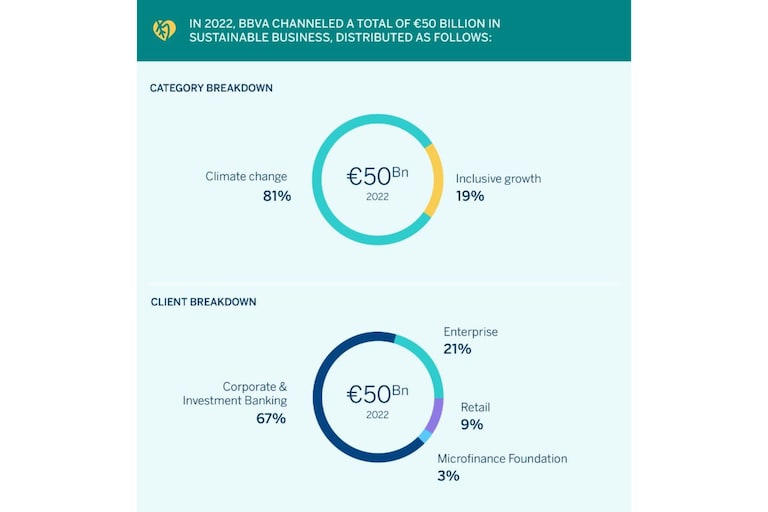With more certainty than ever, sustainable investment is the future and 2023 looks set to be the year in which renewable energies will begin their unstoppable rise around the world. Not surprisingly, neither the sun nor the wind are resources that can be predictable. So being able to make the most of every green megawatt generated means a greater impact on the electricity market for renewables.
In the midst of the transition from fossil fuels to green energy sources, such as wind and solar, efficient storage is of vital importance to support these technologies and achieve the full decarbonization of the energy system and the effective integration of renewables. However, while Europe continues to accelerate its decarbonization targets and most industry seeks alternatives to cut costs, storing energy in large quantities remains a challenge. If not resolved, this is a technological bottleneck that could slow down this economic and energy transition.
Against this backdrop, more and more investors are selecting the assets in our portfolios using non-financial criteria and, without neglecting the solvency and profitability of the projects and assets, we want to create a positive and conscious impact that is committed to the planet.
Public investment plans and reconstruction funds will be increasingly dedicated to this issue. At BBVA New Gen we trust that many companies (manufacturers, transport companies, and energy saving and storage companies) will be able to benefit from this new drive. These are some of the main storage technologies:
- Batteries: These devices store energy in chemical compounds capable of generating an electrical charge. There are many types, such as sodium-sulfur, lead-acid, lithium-ion or nickel-cadmium batteries. The main advantages of batteries are their speed of response in milliseconds, their ease of installation and scalability and, finally, the multiple benefits they can bring to the renewable assets with which they are associated.
- Green hydrogen: Hydrogen is the most abundant chemical element in nature and is gaining ground as a clean, storable, versatile and 100% sustainable energy source, as it only emits water vapor and leaves no residues in the air. Specialists describe it as the fuel of the future, as it allows electricity to be generated through renewables.
- Concentrated solar power plants: Heat energy can be produced more efficiently than electricity. Salt storage is distinguished by the high capacity of salts such as sodium nitrate and potassium nitrate to retain heat at high temperatures.
Investing is more than money
BBVA and its commitment to sustainability
BBVA embeds climate change risks and opportunities in its processes, promoting sustainability in its transactions and products. It currently has a catalog of sustainable alternatives and will continue on this path in the rest of geographies where it operates.
In 2022, BBVA allocated 50 billion euros to sustainable business, to the two areas that guide BBVA's commitment and purpose in the field of sustainability: climate action and inclusive growth. This is 41% more than the €35.4 billion channeled in 2021, amounting to a total of €136 billion since it announced its commitment in 2018.


